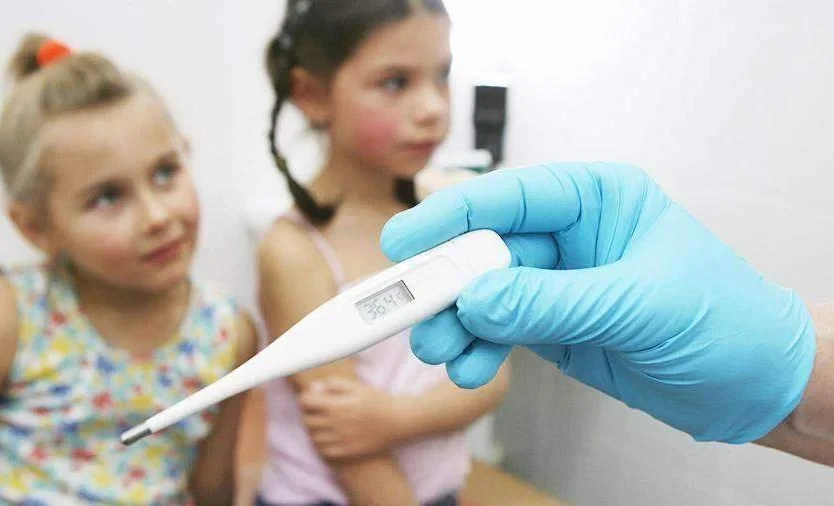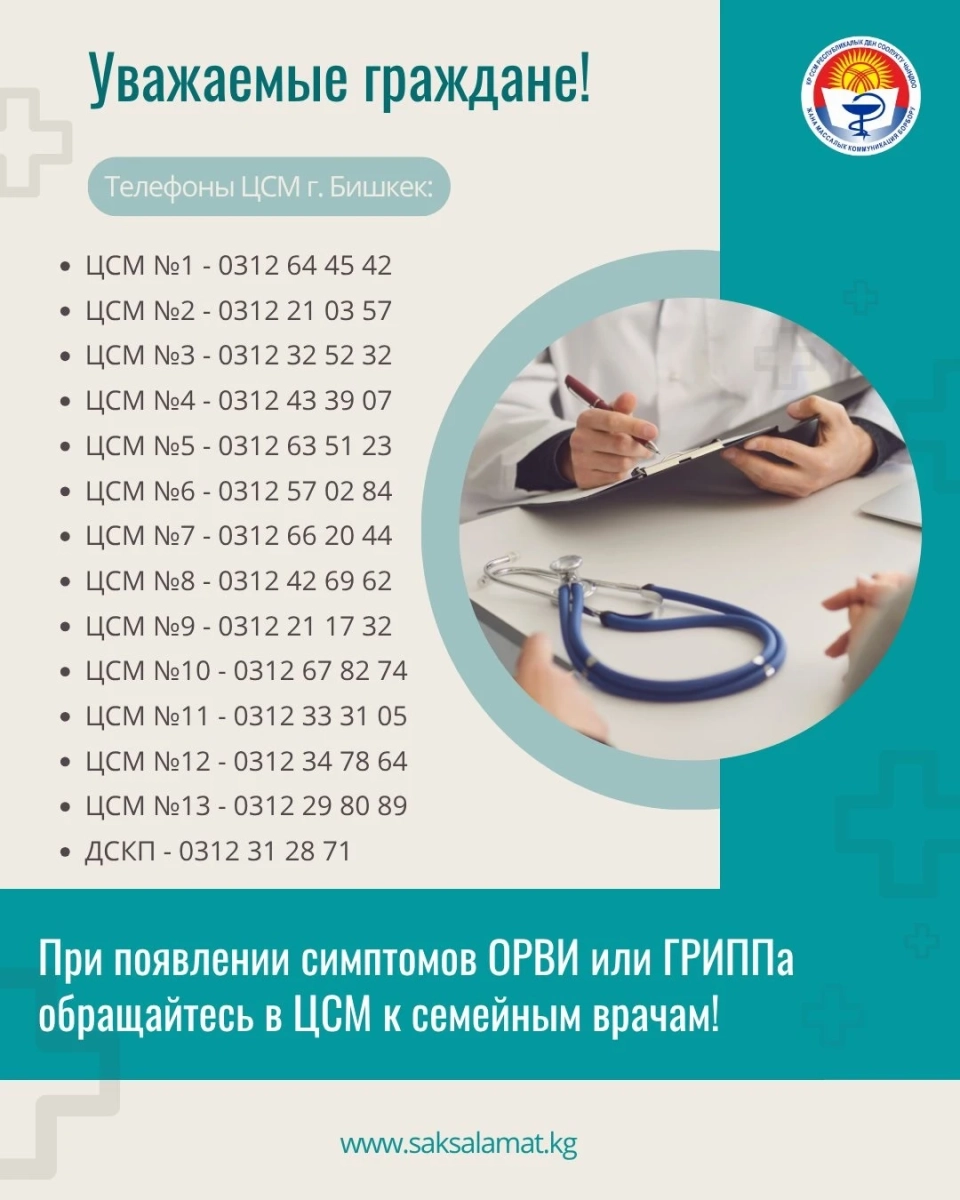According to their information, it is advised to:
- avoid large gatherings of people, such as concerts and shopping centers, and limit the use of public transport whenever possible;
- wear medical masks that should fit snugly against the face, covering the nose and mouth, and change them every 2-3 hours or when they become wet;
- stay at home at the first signs of illness and not send children to school or kindergartens to prevent infecting others;
- immediately consult a doctor for appropriate treatment depending on the condition and age;
- teach children the rules of respiratory hygiene: use disposable tissues when coughing and sneezing, cover the mouth and nose with the elbow instead of the hand;
- use hand sanitizers after returning from outside, traveling on public transport, and visiting public places.
It is also recommended to regularly ventilate rooms — at least 3-4 times a day for 10-15 minutes, maintain a regimen of bed rest, and isolate the sick person if possible, providing them with a separate room and separate household items that should be washed and disinfected separately.
Carrying the flu "on your feet" is extremely risky due to the high likelihood of complications.
Influenza is an acute infectious disease of the respiratory tract caused by the influenza virus. Most people experience the illness in a mild form, but sometimes it can be severe, even leading to death. Influenza can also exacerbate the course of chronic diseases.
The main symptoms of influenza include: high fever (above 38 degrees), fever, chills, and cough.
According to specialists, the season of acute respiratory viral infections (ARVI) in Kyrgyzstan begins in October and lasts until March, with influenza cases usually observed from late November to January, peaking in December and January.













